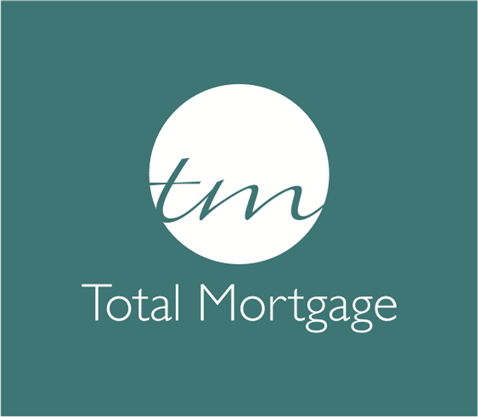
Joanne Lewis
BROWSE
PARTNERSUnderstanding Mortgage Closing Costs
8/8/2023
Purchasing a home is a significant milestone, but it's essential to be aware that there are closing costs involved in the process. As a Canadian homebuyer, understanding these closing costs can help you budget effectively and ensure a smoother transition into homeownership. In this blog post, we'll delve into the various closing costs you can expect and provide insights on how to manage them.
Closing costs encompass a range of fees and charges associated with finalizing your mortgage and completing the property purchase. These costs can vary based on factors like location, property value, and the type of mortgage you choose.
Common Closing Costs in Canada:
-
Legal Fees and Disbursements: Engaging a real estate lawyer to handle the legal aspects of your transaction, including title search and document preparation.
-
Land Transfer Tax (LTT): A tax paid to the provincial government based on the property's purchase price.
-
Title Insurance: Providing protection against potential title defects or ownership disputes.
-
Appraisal Fees: The cost of assessing the property's value to determine its market worth.
-
Home Inspection Fees: An optional but recommended cost to have the property professionally inspected for potential issues.
-
Property Insurance: Securing insurance coverage for your new home against risks such as fire and theft.
-
Mortgage Default Insurance: Required for high-ratio mortgages where the down payment is less than 20% of the purchase price.
-
Adjustments: Payments made to cover expenses prepaid by the seller, such as property taxes or utilities.
-
Goods and Services Tax (GST) or Harmonized Sales Tax (HST): Applicable on new home purchases and certain services.
Many Canadian provinces offer incentives, rebates, or exemptions for first-time homebuyers, particularly related to land transfer taxes. Research the specific benefits available in your region.
Request a breakdown of estimated closing costs from your lender and legal representative. Use these estimates to create a realistic budget for your home purchase, ensuring you're financially prepared for closing day. Engaging experienced professionals, such as a reputable real estate lawyer and a qualified mortgage broker, can help you navigate the closing process more efficiently and potentially save on costs.
By familiarizing yourself with the various closing costs, estimating and budgeting effectively, and exploring potential cost-saving opportunities, you'll be better equipped to manage the financial aspects of your home purchase. Remember, proper planning and research can contribute to a more informed and confident homebuying experience!




























